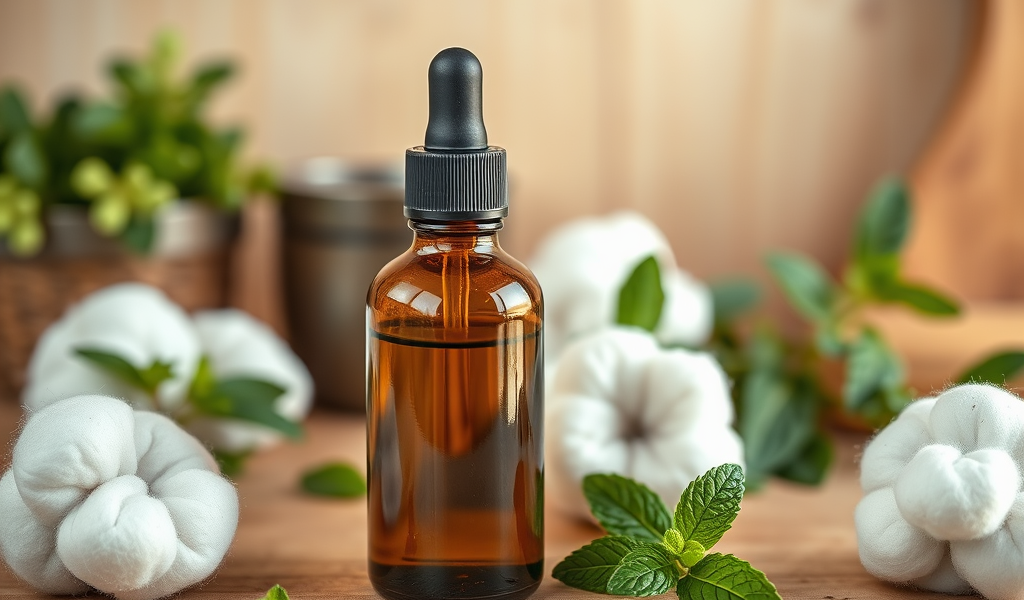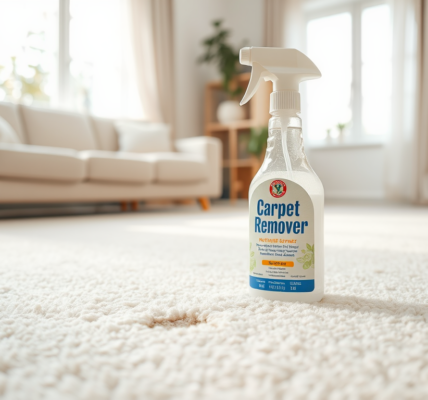The world of pest control has evolved, with many homeowners now seeking natural remedies to combat unwanted guests like mice. Traditional traps and poisons can often pose risks to pets and humans alike, prompting the search for alternative solutions. Among these solutions, certain scents have emerged as potent deterrents that not only repel mice but also leave a fresh aroma around the home. As it turns out, the olfactory sensitivity of mice plays a significant role in how effective these scents can be. In this article, we will delve into the aromatic world of rodent repellents and rank the most effective scents that can keep these pesky rodents at bay, while also creating a pleasant environment in your living spaces.
Understanding how scents impact mice can grant you an upper hand in designing a strategy that is both effective and safe. Mice have highly developed olfactory systems, allowing them to detect small concentrations of various odors. This heightened sense of smell often determines their comfort levels in any given environment. By leveraging scents that mice find displeasing, you can create an inhospitable atmosphere for them. Below, we explore some of the most popular scents used for repelling mice, examining their effectiveness and application methods.
Understanding Mice Sensitivity to Scents

The biology of mice highlights a fascinating aspect of their survival instincts. Mice rely heavily on their sense of smell for navigation, finding food, and avoiding predators. Their olfactory receptors are designed to detect even the faintest scents, making them prone to responding negatively to certain aromas. This natural aversion provides a unique opportunity for homeowners; by strategically introducing these scents into your environment, you can disrupt the mice’s navigation and increase their anxiety levels. Over time, this could potentially deter them from inhabiting your space.
Popular Scents That Repel Mice

Peppermint Oil
Peppermint oil is perhaps one of the most renowned scents that mice despise. Its strong aroma not only invigorates but also acts as an effective repellent due to the menthol component. Mice find this scent overwhelming and tend to avoid areas where it is present. To use peppermint oil effectively, consider placing cotton balls soaked in the oil in strategic locations, such as entry points and corners of rooms where you’ve spotted signs of mice. It’s best to refresh the cotton balls every week for optimal effectiveness.
Eucalyptus
Eucalyptus is another powerful scent that has gained popularity for deterring mice. Its distinct aroma is thought to confuse mice, making it an excellent addition to your household pest control toolkit. This oil can easily be applied in several ways—using eucalyptus oil diluted with water in a spray bottle can create a mist that can be sprayed around mouse-prone areas. You can also use fresh eucalyptus leaves, placing them in drawers or closets to maintain a fresh smell while repelling unwanted guests.
Cinnamon
The delightful scent of cinnamon is not just for pastries; it’s also a powerful mouse repellent. Studies have shown that mice are averse to this warm spice, and the scent itself can evoke an overwhelming response from them. You can utilize ground cinnamon sprinkled in areas where you suspect rodent activity, or opt for cinnamon essential oil on cotton balls similarly to peppermint oil. Not only will your home smell wonderful, but you’ll also be putting up an aromatic defense against intruding mice.
Comparison Table of Mice-Repellent Scents
| Scent | Form of Use | Effectiveness |
|---|---|---|
| Peppermint Oil | Cotton balls, diluted spray | High |
| Eucalyptus | Essential oil, fresh leaves | Moderate |
| Cinnamon | Powdered, essential oil | High |
| Vinegar | Diluted spray | Moderate |
| Citronella | Essential oil, candles | Moderate |
Vinegar
Vinegar is a versatile ingredient that has seen an increase in use as a mouse repellent. The strong smell of vinegar is offensive to mice, making it a natural deterrent that also disinfects surfaces. To create a mixture, dilute vinegar with water in a spray bottle and apply it in areas like kitchens and pantries. The acidic properties can help eliminate lingering scents that attract mice while creating an environment they’ll find unwelcoming.
Citronella
While citronella is primarily known for its mosquito-repellent properties, it also has a compound that can deter mice. This scent is particularly pleasing to humans but creates discomfort for mice. You can enjoy the benefits of citronella by using candles or essential oils throughout your home. As an added bonus, it keeps mosquitoes away as well, providing dual protection against pests. Remember to keep reapplying the scent, especially after rainy days, to maintain its effectiveness.
Additional Scents Worth Considering
Beyond the popular scents, there are several other fragrances that are effective at repelling mice. Here’s a quick list of these additional options:
- Garlic: The pungent smell can deter mice effectively when crushed and placed in areas of entry.
- Ammonia: The strong odor mimics predators’ scents and can drive mice away when used in a diluted solution.
- Clove Oil: Known for its aromatic properties, clove oil can also be used in a similar method to peppermint and cinnamon.
By incorporating these additional scents into your pest control strategy, you can further enhance your ability to keep mice at bay, while also creating a pleasant living environment.
Conclusion
In summary, leveraging the natural scents that mice despise can provide an effective and environmentally-friendly deterrent. Scents like peppermint oil, eucalyptus, cinnamon, vinegar, and citronella can be significant allies in your fight against unwanted rodents. The key is to adopt a multifaceted approach, employing various scents combined with cleanliness and preventive measures. This strategy not only maximizes success in deterring mice but does so in a manner that is safe for other inhabitants of the home. By exploring these aromatic defenses, you can reclaim your space while enjoying the benefits of aroma therapy.
Frequently Asked Questions
What scents do mice hate the most?
Mice are known to strongly dislike peppermint, eucalyptus, cinnamon, and vinegar, among others.
How can I use peppermint oil to deter mice?
Soak cotton balls in peppermint oil and place them in areas where you suspect mice may enter or inhabit.
Are there any other ways to keep mice away without using scents?
Yes, maintaining cleanliness, sealing entry points, and using traps can also help deter mice.
Can I combine scents for better effectiveness?
Yes, using a combination of scents, such as peppermint and eucalyptus, can enhance the repellent effect.
Is it safe to use essential oils around pets?
Some essential oils can be toxic to pets, so it’s important to research and consult a veterinarian before using them in areas where pets are present.










